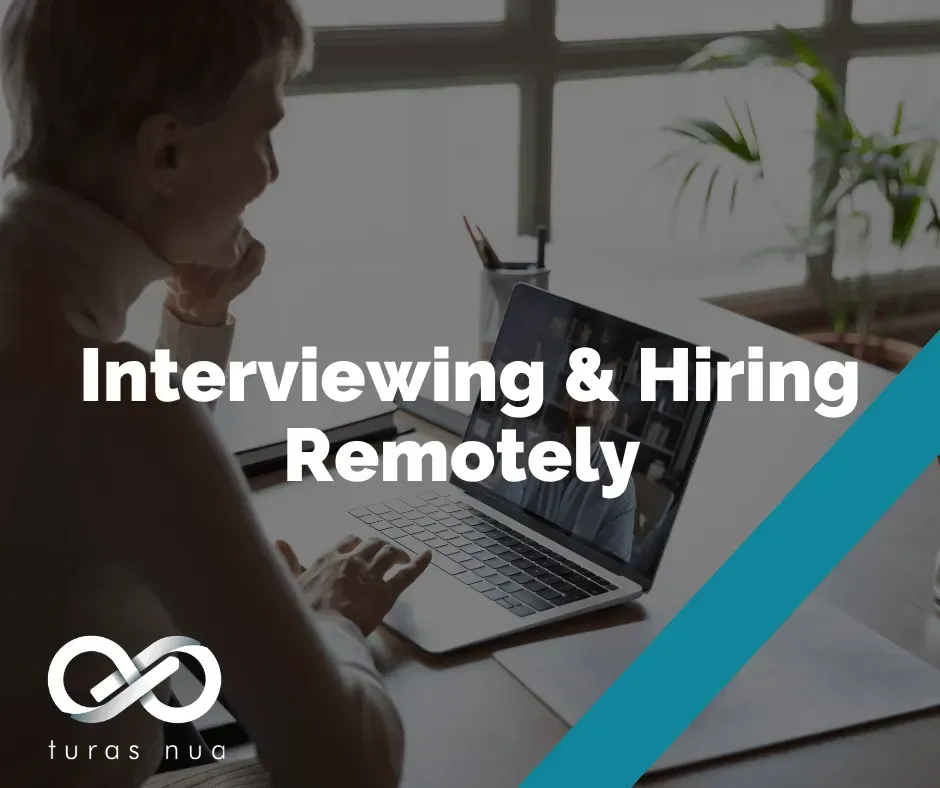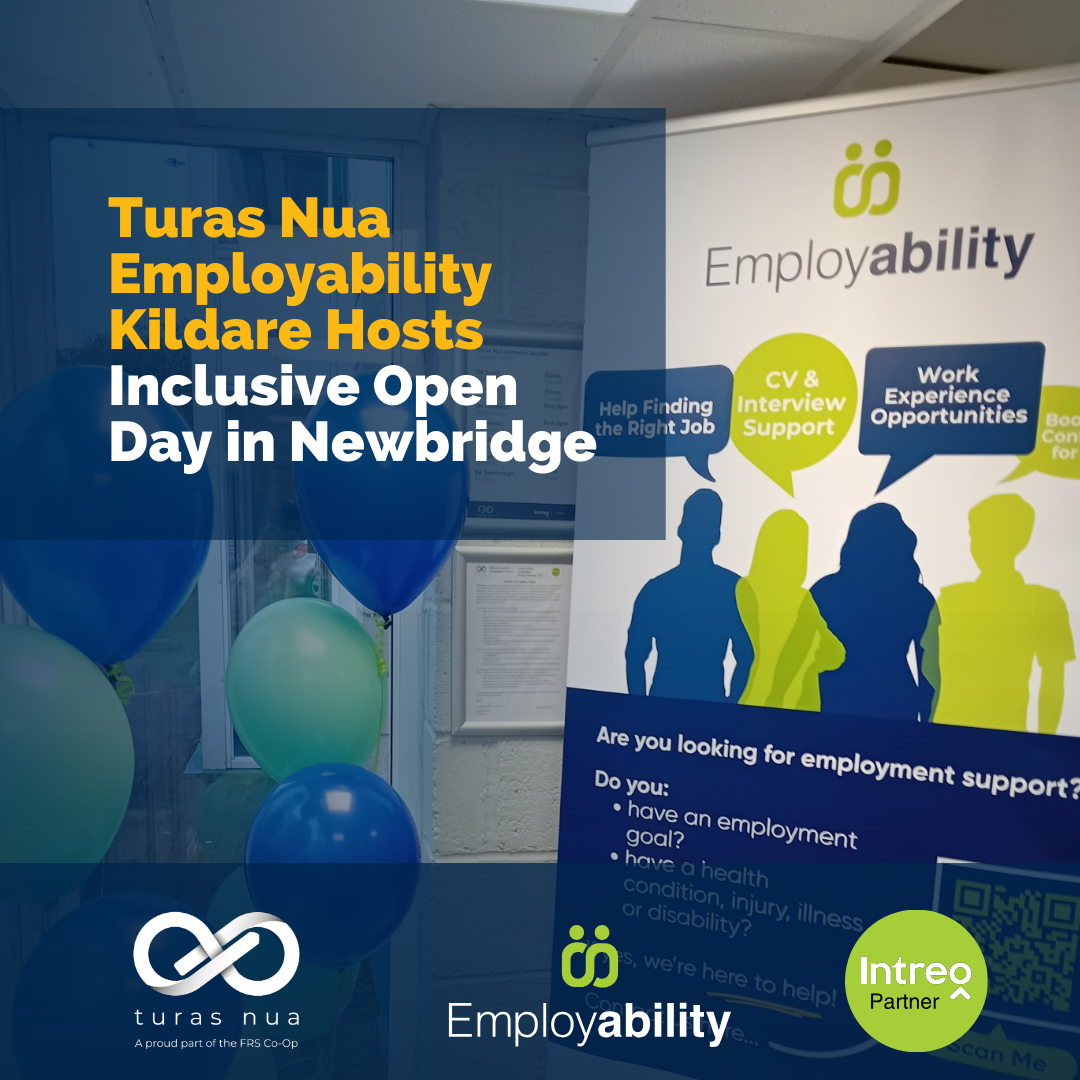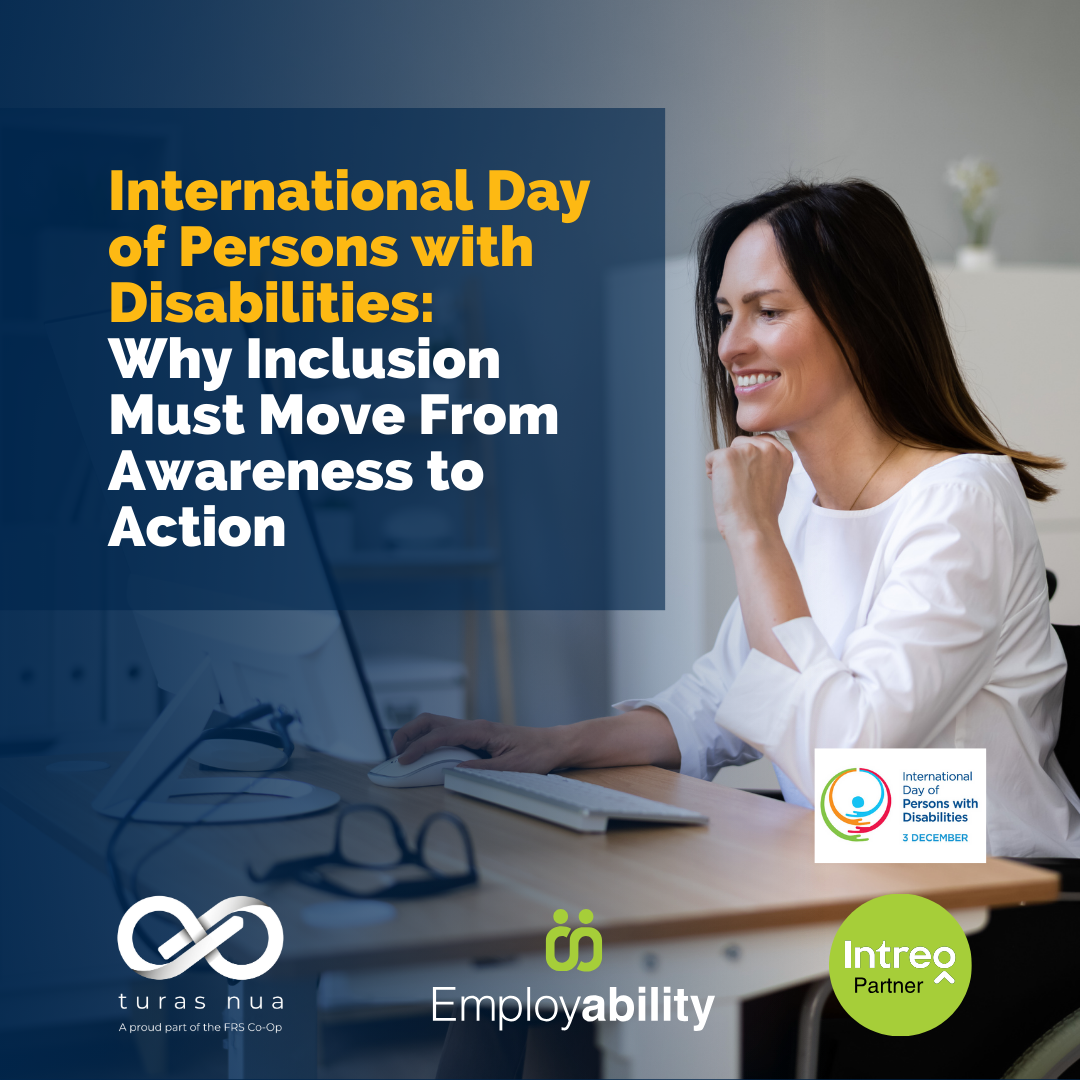Our 6 tips for conducting interviews and hiring remotely
December 2, 2020

Our 6 tips for conducting interviews and hiring remotely
How to be more certain about who, and how, you hire remotely
The modern interview has changed. There are now different options available to employers looking to contact and interview candidates. More and more businesses are opting to interview candidates remotely, via phone, video conference, as well as the traditional in-person interview. Additionally, many roles are now advertised on a remote basis. This can make it more challenging for employers to adequately gauge the suitability of candidates. Here are our 6 tips for conducting interviews and hiring remotely.
At Turas Nua, our Employer Services team understands some of the challenges facing Ireland’s employers. Here, we will focus on you, the employer, keeping in mind the ways in which the hiring process has evolved in the last few years. We want to share some of our knowledge and suggestions for conducting remote interviews, ensuring you have everything you need to build the perfect team.
6 Tips for conducting interviews remotely
1. Prepare
Whether you’re a larger employer with multiple departments and vacancies available, or a small local business looking to build a close-knit team, approach the remote interview with as much preparation done as possible. If doing a telephone or video interview, check your device first (battery, internet connection, software updates, etc) and, as we all know, ensure your microphone is working properly! Select an adequate space to carry out the interview (somewhere quiet, proper lighting, and a simple background). It is likely that you will interview a suitable candidate, and potentially several, but poor preparation can lead to employers coming across as unprofessional, or even being cut off mid-interview!
2. Be open about the interview process
Aside from enabling you to eliminate candidates that can’t follow instructions, giving your interviewee’s information about the interview process can help you to determine how well they have prepared – this might include a description of stages of the process, induction requirements, or telephone and conference call instructions (Zoom, Skype). Sometimes, the best person for the job is the one who can show how well they prepared – based on the information they get from you…
3. Be friendly
2022 is a competitive hiring market, but interviews are as stressful as ever! It can be natural for some interviewers to take charge of an interview, which can come across as intimidating for your candidates when interviewing remotely. From the beginning, try to relax the interviewee, explain what you hope to cover with them, and give them the sense that they are here to have a conversation with you. For example, you might ask questions that are open-ended, encouraging a conversation that has a context, rather than asking “closed” questions that offer little perspective.
4. Keep notes
This is as simple as it sounds! Again, whether you’re a larger operation or a smaller business, we understand that you are busy. If you need to take some time to decide on your perfect candidate, it can really help to have notes to reflect on later. This is especially useful if you are interviewing many people remotely for the same position. Relying on memory alone can lead to a much more complicated decision-making process!
Hiring Remotely
5. Explain the remote role
If you are interviewing remotely, the chances are that your business may also be providing staff with a remote working option. It’s crucial that you explain how this works, as well as asking how your candidates feel about the prospect: do they have, and can they use, the equipment required to do the job (quiet space, desk, ergonomic char, computer, phone, broadband, Microsoft Word, Teams, etc)? It might also be worth discussing the challenges of maintaining a work-life balance, as your candidate may have never worked remotely before.
6. Ask about previous remote working
It's quite possible that some of your candidates may have already worked remotely. While not all remote working roles are the same, you should prepare to ask your candidate about some of the common adjustments associated with this type of work: how much of an change was it; how do you manage your day; how do you communicate effectively? Importantly, you may also be looking at a hybrid working option involving some work in an office setting and it might be worthwhile asking how the candidate feels about this, as well as their ability to commute/travel to work.
Finally…
We hope these tips can help you to be more certain about who, and how, you hire. And remember: the remote interview process not only improves your search for excellent staff but is a chance to put the spotlight on your business as an “employer of choice” for future candidates.
When you are looking to hire again, contact us here and we can quickly help you recruit your next member of staff.











